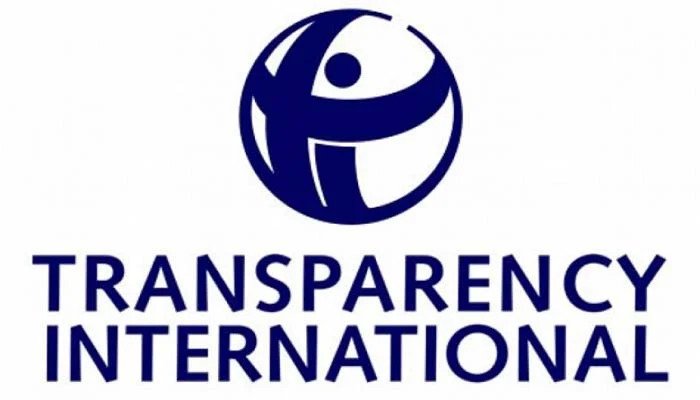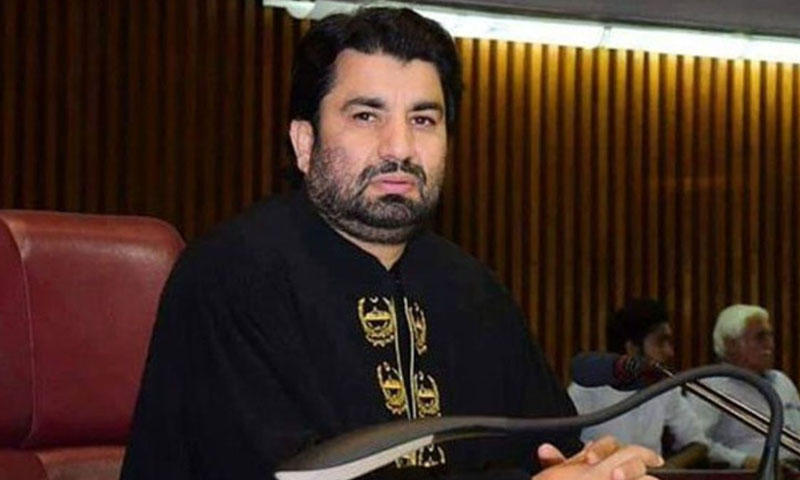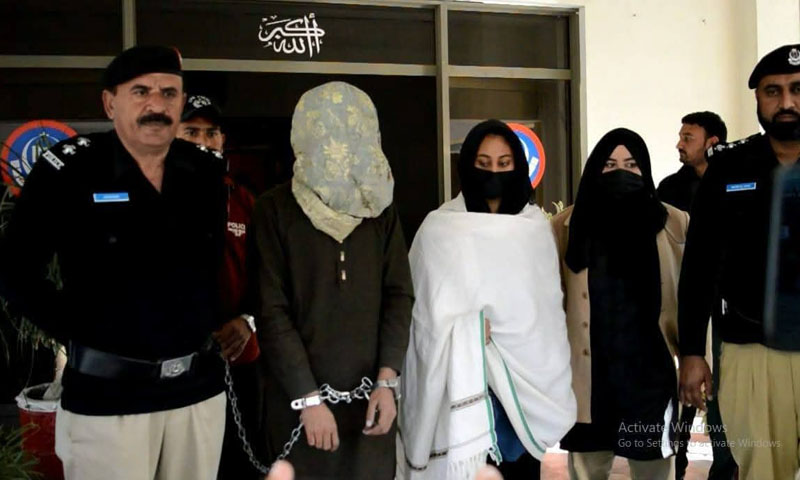- Web Desk
- Feb 09, 2026
Transparency International identifies Pakistan’s most corrupt sectors
-

- Web Desk
- Dec 10, 2023

KARACHI: In a comprehensive effort to gauge the perception of corruption levels among Pakistani citizens, Transparency International (TI) Pakistan has released findings of the recently conducted National Corruption Perception Survey (NCPS) 2023. Partnering with various organizations, the survey covered all four provinces and ran from October 13 to October 31, 2023, encompassing 1,600 respondents, with 400 participants from each province.
The NCPS 2023 presents an insightful analysis at both provincial and national levels, including a gender-based breakdown of survey results. The findings offer a snapshot of public opinion on critical governance issues. Here are the key highlights:
Most Corrupt Sectors
Nationally, the survey revealed that the police sector remains the most corrupt (30%), followed by Tendering and Contracting (16%) and the judiciary (13%).
Province-wise Breakdown:
In Sindh, the police emerged as the most corrupt (37%), followed by Tendering and Contracting (14%), with an improvement noted in the Education sector since NCPS 2022.
Punjab witnessed the police retaining its position as the most corrupt (25%), while the Judiciary (17%) and Health (15%) climbed to become the second and third most corrupt sectors since the previous survey.
In Khyber Pakhtunkhwa (KP), the police claimed the top spot (37%), with improvements in the Judiciary (15%) and Tendering and Contracting (13%) sectors since NCPS 2022.
Balochistan identified Tendering and Contracting (31%) as the most corrupt sector, followed by the police (20%) and the Judiciary (16%).
Bribery Expenditure
Nationally, the average expenditure on bribery was approximately Rs. 11,121, with the highest spending observed in accessing the Judiciary (Rs. 25,846).
Province-wise, citizens in Sindh paid the highest bribe to access land administration, while in Punjab, it was for police services. KP citizens paid the most to access the judiciary, and in Balochistan, health services incurred the highest bribery expenses.
Perceptions of the Private Sector
Nationally, 75% of citizens believed the private sector wields excessive power, contributing to corruption. Similar sentiments were echoed in Sindh (73%), Punjab (81%), KP (88%), and Balochistan (53%).
Effectiveness of Anti-Corruption Institutions
Nationally, 36% of citizens considered anti-corruption institutions ineffective. Regionally, opinions varied, with Sindh expressing confidence in the National Accountability Bureau (NAB), while Punjab, KP, and Balochistan recognized the effectiveness of other anti-corruption institutions.
Causes of Corruption
Nationally, Lack of Merit (40%) was identified as the primary cause of corruption. Provincial breakdowns indicated varying perspectives, with Punjab attributing corruption to the use of state institutions by bureaucracy for personal gain.
Measures to Curb Corruption
Nationally, 55% advocated for disclosing public officials’ assets on government websites, while 45% suggested resolving corruption cases within 30 days in accountability courts. Regional preferences differed, with Balochistan emphasizing swift resolution by accountability courts.
Accountability Institutions and Political Victimization
A majority (68%) at the national level perceived accountability institutions as tools for political victimization. Regionally, this sentiment was widespread, with varying percentages in each province.
Calls for Abolishing Accountability Institutions
Nationally, 60% advocated for abolishing accountability institutions, citing their failure to control corruption. This sentiment was echoed across provinces, with varying percentages.
Hindrance to Progress
Nationally, 47% identified corruption as the main hindrance to Pakistan’s progress. Regional variations revealed different opinions, with KP emphasizing corruption as the primary obstacle.
Corruption and Climate Change
Nationally, 62% believed corruption contributes to environmental degradation and exacerbates climate change effects. This perspective was shared across provinces, with varying percentages.
Citizen Participation in Climate Decision Making
Nationally, 67% felt provincial and local governments did not consider their views in shaping climate policies. This sentiment prevailed across provinces.
Utilization of Right to Information (RTI)
Nationally, 76% of Pakistanis had never filed any RTI requests. This trend was consistent at the provincial level.
Role of Ordinary People in Fighting Corruption
Nationally, 67% believed ordinary people can make a difference in the fight against corruption. This sentiment was shared across provinces, with variations in percentages.
The NCPS 2023 provides a comprehensive overview of public perceptions, shedding light on areas that demand urgent attention in the ongoing efforts to combat corruption and promote good governance in Pakistan.




